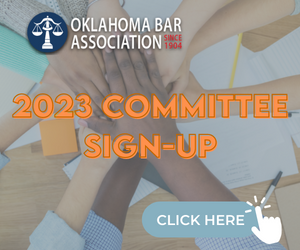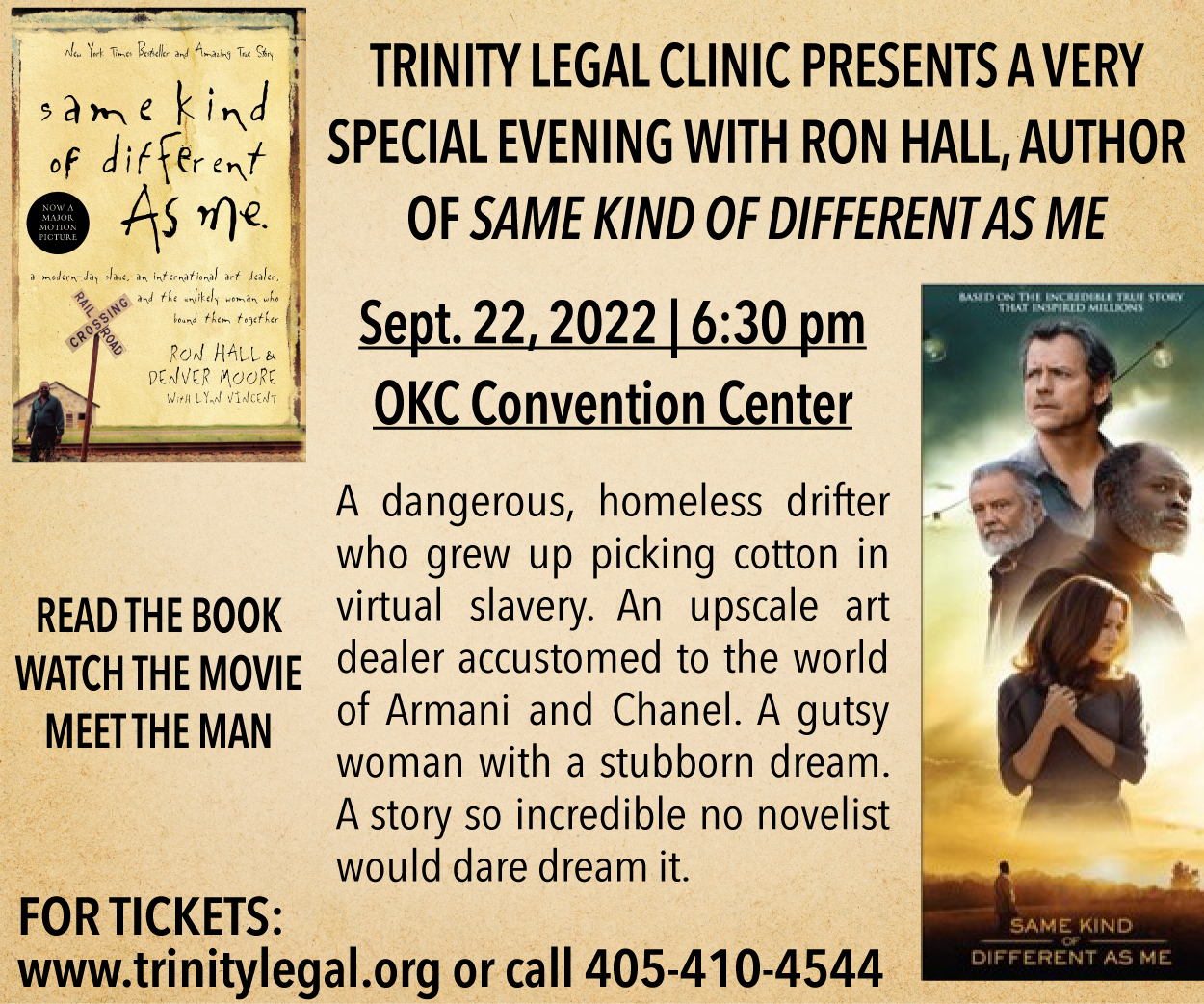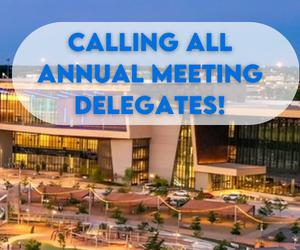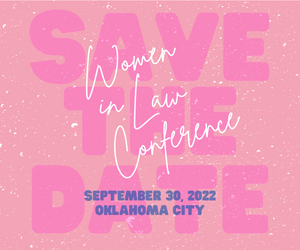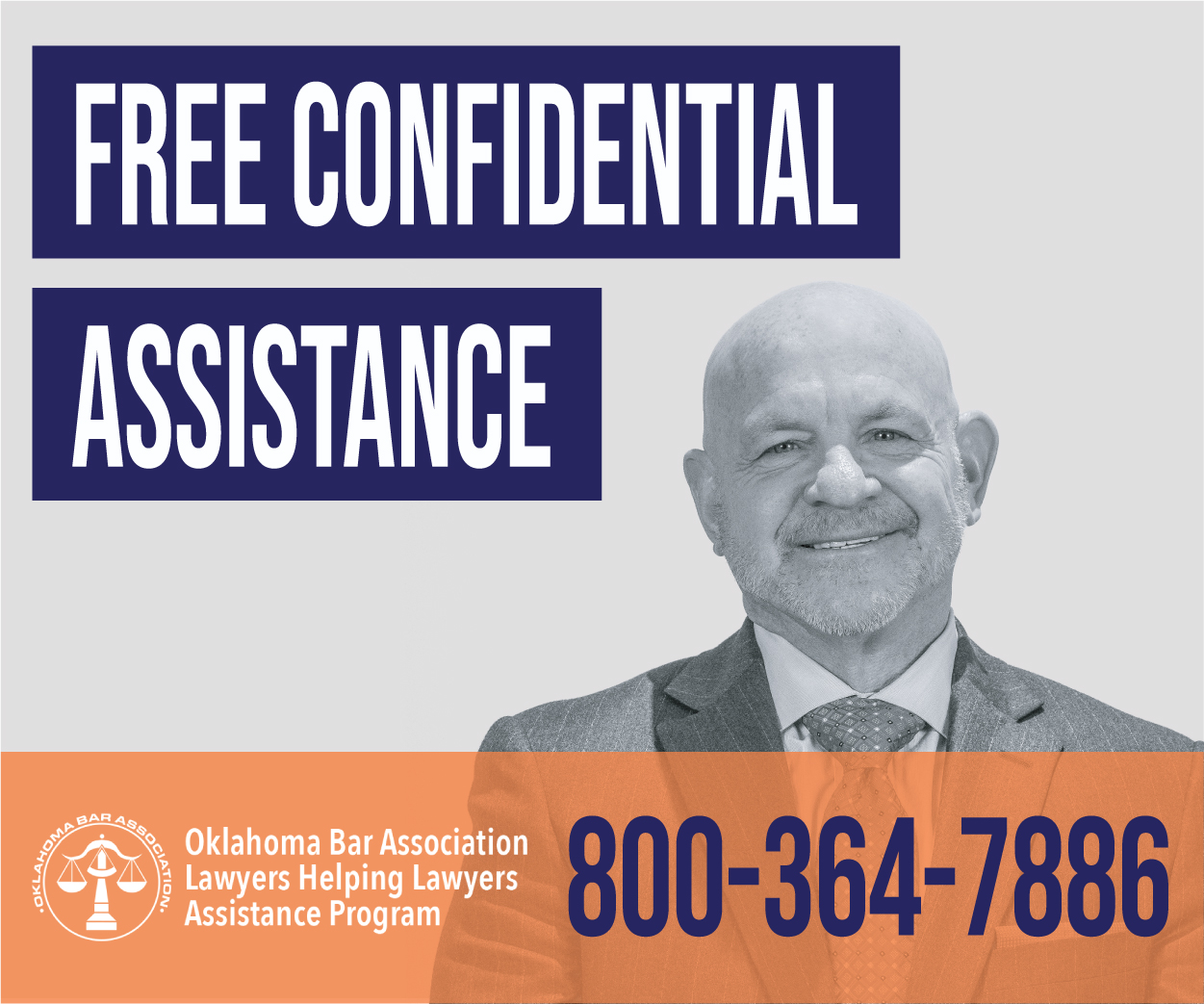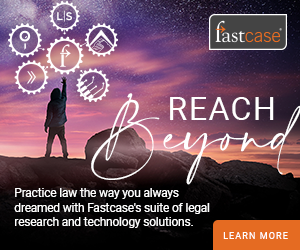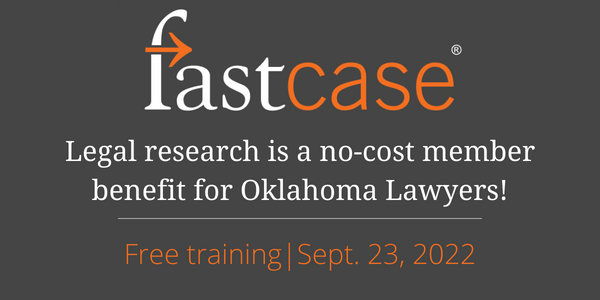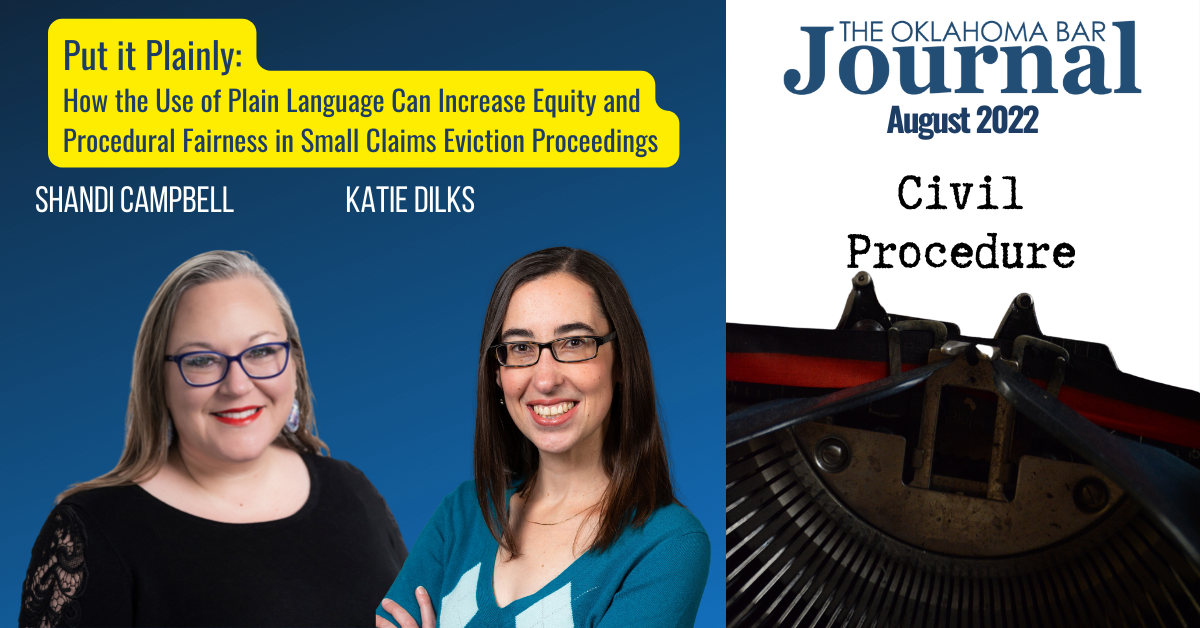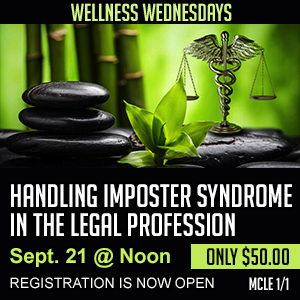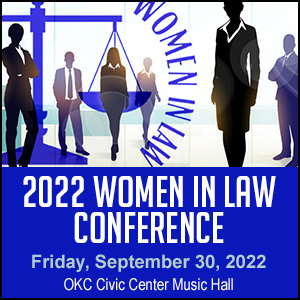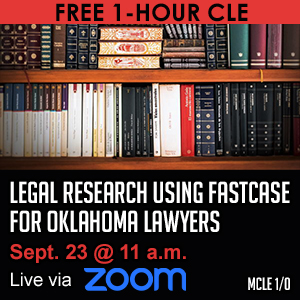Courts
No published opinions this week.
- 2022 OK CR 18: STATE v. J.B.
- 2022 OK CR 19: CALVERT v. STATE
- 2022 OK CR 20: IN RE: ADOPTION OF THE 2022 REVISIONS TO THE OKLAHOMA UNIFORM JURY INSTRUCTIONS-CRIMINAL (SECOND EDITION)
- 2022 OK CR 21: O'CONNOR v. OKLAHOMA STATE CONFERENCE OF NAACP
No published opinions this week.
Dispositions Other than by Published Opinions
The Supreme Court of Oklahoma Court Calendar
The Supreme Court of Oklahoma is in session year round, unless otherwise noted. The Court regularly schedules conferences on Mondays and other days as needed.
Paid Advertisement

More
Bar Center Holiday Hours

The Oklahoma Bar Center will be closed Monday, Sept. 5 in observance of Labor Day.
Fastcase is your OBA-provided legal research benefit. It covers all federal and state court opinions, statutes, regulations, court rules and constitutions. Even subscribers to other legal research services may find Fastcase useful for jurisdictions not covered in their plan.
The Fastcase 7 upgrade provided more powerful features and a simpler interface. But to access all of Fastcase’s powerful features, most lawyers will benefit from additional Fastcase training, especially if you haven’t used Fastcase 7 recently. You will learn how to set up bookmarks to speed your searches, use search history, use Fastcase’s authority check, whether to use natural language search or Boolean, interpret the interactive timeline in your results, share a link with a non-subscriber and about the semantic tag cloud that allows you to see words and phrases that occur frequently with your current search.
Understanding the advanced features of Fastcase 7 can save you time and improve your searching abilities. The OBA will offer “Legal Research Using Fastcase for Oklahoma Lawyers” to its members on Sept. 23 at 11 a.m. There will be no registration fee, and one hour of MCLE credit (0 ethics) will be offered.
Click HERE to register!
The August Oklahoma Bar Journal features several articles reflecting the Civil Procedure theme. Flip through the pages online in the interactive digital edition.
Katie Dilks and Shandi Campbell co-authored the article "Put it Plainly: How the Use of Plain Language Can Increase Equity and Procedural Fairness in Small Claims Eviction Proceedings":
"Lawyers are known for their love of complicated language, but legalese is cumbersome and confusing to those who aren’t law trained. Many of our judicial processes and procedures can be accomplished fairly and efficiently using plain language, and this is especially true in areas of law like small claims. Small claims court is known as “the people’s court” for a reason – it’s supposed to be a simpler, faster system to resolve conflicts between people, whether over a disagreement, contract or money. That’s why there are more relaxed rules in this setting for how courts can operate and how people bringing cases (or being sued) can tell their stories. One reason small claims court works this way is because the expectation is that many, if not most, people using it will be there without a lawyer. A section of Oklahoma law even tells court staff to help people without lawyers figure out how to fill out the paperwork to sue someone in small claims. In 1971, Oklahoma lawmakers decided eviction cases should be heard in small claims court because, at that time, most landlords didn’t use lawyers in evictions. Today, though, it’s a different story."
Board of Governors Vacancies
The deadline for submitting nominating petitions is 5 p.m. Friday, Sept. 2, 2022. A narrative bio in Word (not to exceed 350 words) and photograph with a resolution of 200 dpi or more is due by Sept. 2 to Alisha Davidson at alishad@okbar.org. More information about Board of Governors vacancies is available online.
One representative is elected from each of the nine Supreme Court judicial districts, as such districts existed prior to Jan. 1, 2020, pursuant to Order No. SCBD 4483 (2020 OK 17).
For information on current board members and officers, visit the Board of Governors page.
Featured CLE
By Jim Calloway, OBA Management Assistance Program Director
Deep fakes and other fabrications of “synthetic content” (as the FBI labels them) are rapidly improving and present a potential risk to all of us. You have probably seen deep fake videos where the video shows a person speaking, but the voice belongs to another. Artificial intelligence tools match the speech with the speaker’s lips, so it looks as if the person is saying those words.
 Lawyers have all known that Photoshop and other tools can generate remarkable fake pictures, even though an expert can often determine when an image is inauthentic. We have now seen people falling victim to fake voice or video creations and being scammed. But the next generation of tools is scarier. Imagine a client or opposing counsel contacting you and asking for sensitive information or funds to be transferred. An AI-powered deep fake with enough information can allow someone on the other end to speak and have their voice altered to reflect a celebrity or corporate CEO. So, they can participate in an authentic-sounding conversation with the intended victim.
Lawyers have all known that Photoshop and other tools can generate remarkable fake pictures, even though an expert can often determine when an image is inauthentic. We have now seen people falling victim to fake voice or video creations and being scammed. But the next generation of tools is scarier. Imagine a client or opposing counsel contacting you and asking for sensitive information or funds to be transferred. An AI-powered deep fake with enough information can allow someone on the other end to speak and have their voice altered to reflect a celebrity or corporate CEO. So, they can participate in an authentic-sounding conversation with the intended victim.
The ZDNET post "The next big security threat is staring us in the face. Tackling it is going to be tough" provides background information and a link to the FBI warning. The FBI also notes that cybercriminals are using deep fakes to apply for remote IT support jobs, which could give them access to sensitive consumer information. If you are not certain that you are talking to the actual person, some ideas include asking them something about an obscure bit of information that only you and the actual caller would know (favorite sports teams doesn’t work because fans often post online), asking them if you can hang up and call them in a minute on their cell phone (when they say they left it at home today, proceed with caution) or having a staffing company call the client’s place of business to see if the client is actually in Bora Bora.
One cannot combat deep fakes unless you know they exist. Share the ZDNET post above with someone you think should know about this.
The Oklahoma Bar Journal is a publication of the Oklahoma Bar Association. All rights reserved. Copyright© 2022 Oklahoma Bar Association. Statements or opinions expressed herein are those of the authors and do not necessarily reflect those of the Oklahoma Bar Association, its officers, Board of Governors, Board of Editors or staff. Although advertising copy is reviewed, no endorsement of any product or service offered by any advertisement is intended or implied by publication. Advertisers are solely responsible for the content of their ads, and the OBA reserves the right to edit or reject any advertising copy for any reason. Legal articles carried in The Oklahoma Bar Journal are selected by the Board of Editors. Information about submissions can be found at www.okbar.org.


